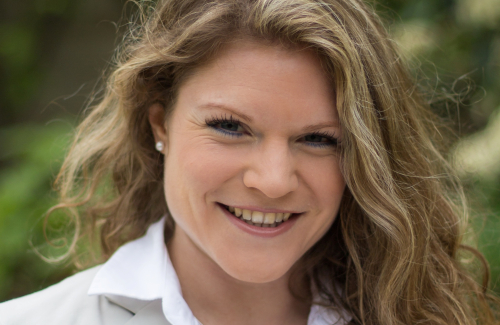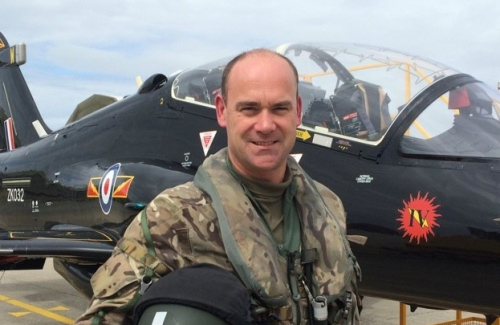More Pembroke news
Dr Elisabeth Kendall Interviewed on BBC Radio 4 and Swedish Television about Yemen, Geopolitics and Global Jihad
NEWS |
Pembroke Senior Research Fellow in Arabic, Dr Elisabeth Kendall, was interviewed by David Aaronovitch on BBC Radio 4’s The Briefing Room in a lively episode titled, ‘Yemen: A Global Conflict’.
Dr Kendall was interviewed alongside Safa Al Ahmad, a Saudi Arabian filmmaker and journalist who has reported from Yemen’s front lines. Dr Kendall begins the episode by outlining Yemen’s origins, the current humanitarian crisis and its geopolitical situation. Her main interview begins about 15 minutes into the episode.
She begins by saying:
'I remember when I was in Sana’a, Yemen’s capital, in 2013 and I was with some tribesman, who were protecting me, who came from the east of the country where I work. Whenever we heard gunfire or shots, which isn’t uncommon in Sana’a, they would fall around laughing and saying …. “the national dialogue!” because to them it was completely obvious that this was a civil war in waiting.
We in the West, we were the only ones who hadn’t sussed that yet.'
She shares her experience of travelling around Yemen, questions whether it is valid it is to call the conflict a “proxy-war” between Saudi Arabia and Iran and explains Saudi Arabia’s concerns over Irans expansion and the controversial questions surrounding arms provision to Saudi Arabia.
When asked if she thought Western leaders right to be worried about Al-Qaeda and so-called Islamic State in Yemen she responded:
‘Yes, they are right to be worried. Over 2015 we saw a fourfold rise in the numbers of mujahideen recruits joining Al-Qaeda, which is a bigger problem in Yemen than Islamic State… It was an unintended consequence of the war that was being waged in the west of the country, that Al-Qaeda was able to gain territory and create a de facto state in the east of the country… What we tend to miss, is that Al-Qaeda is popular not because of the recruits or the ideology, but because of the passive toleration it is able to win in marginalised communities. It listens to local concerns and tries to do something about them, before then grafting its ideology of international militant jihad on top of that.'
The programme ends with a thought-provoking discussion about how lasting change could be brought about and what form this would take. Dr Kendall’s belief is that ‘Yemen needs to be as many pieces as possible… we need to give as much devolved power to the regions as we possibly can.’
In December, Dr Kendall was also interviewed by Axess TV Sweden. In a 30-minute episode titled, ‘Geopolitics and Jihad’, she addresses at greater length many issues outlined above.
To keep up to date with Dr Kendall’s research developments, follow her on Twitter.

